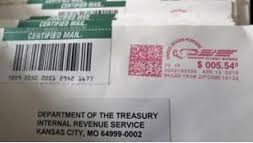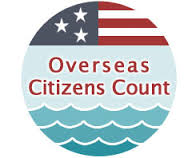Important Year End Tax Considerations
Important Year End Tax Considerations – Although tax planning is important all year long, it is especially important at the end of the year. End of the year tax moves such as accelerating or postponing income, balancing capital gains and losses and placing funds in tax deferred accounts have the potential to produce significant tax savings. On the other hand, failing to consider such tax planning options could very well result in paying taxes in excess of what would otherwise be owed.
- Consider deferring income into 2015. This tax planning strategy provides a tax advantage if you expect to have an equivalent or lower income in 2105 and the deferred amount will not push you into a higher tax bracket for that year. Self-employed individuals may have the option of deferring income by sending out billing statements late in 2014 so they are not paid until after the first of the year. Although employees have less flexibility, they may be able to defer the receipt of year-end bonuses.
- Consider realizing capital losses. This tax planning strategy can be used to balance either capital gains or ordinary income. Capital losses can be used, dollar for dollar, to offset income up to a maximum of $3000 or to cancel capital gains that have been realized during the year, If not used, the losses can be carried forward to future tax years with no time limit.
- Pay attention to the Alternative Minimum Tax. Pay attention to the income threshold for the Alternative Minimum Tax so that you do not cross it unnecessarily by accelerating deductions or deferring income. In addition, make sure that any tax planning strategies take into account the fact that certain deductions such as property taxes and local and state income taxes are not allowed under the Alternative Minimum Tax.
- Consider increasing IRA and 401(k) contributions. One potentially significant year-end tax planning move is to reduce taxable income by increasing contributions to IRA and 401(k) plans. The maximum amounts allowed for 2014 are $17,500 for 401(k) plans and $5,500 for IRAs ($23,000 and $6,500 respectively for taxpayers over 60). IRA contributions for 2014 can be made through April 15, 2015.
- Check the balances in flex spending accounts. Checking the balances in flex spending accounts is an important year-end tax planning task because the balances are often forfeited if not used before December 31st. Because funds contributed to flex spending accounts are not taxed but are lost if they are not used, it is important to budget the amounts that will be placed in these accounts for 2015.
- Take any required Regular Minimum Distributions. The IRS requires that taxpayers who are 70 ½ years old take required Regular Minimum Distributions from their IRAs beginning on April 1st the year after they arrive at that age. Avoid the 50% excise tax penalty the will be imposed by taking required Regular Minimum Distributions before the December 31st
If you have tax questions or a tax debt you are unable to pay, our tax settlement professionals are happy to discuss your tax resolution options free of charge. For more information about our services, visit us today at www.professionaltaxresolution.com or call us at 877.889.6527. With over 16 years in the business of resolving tax debt, we have a thorough understanding of tax law together with the experience to know which settlement option will be the best fit for your specific set of circumstances.





